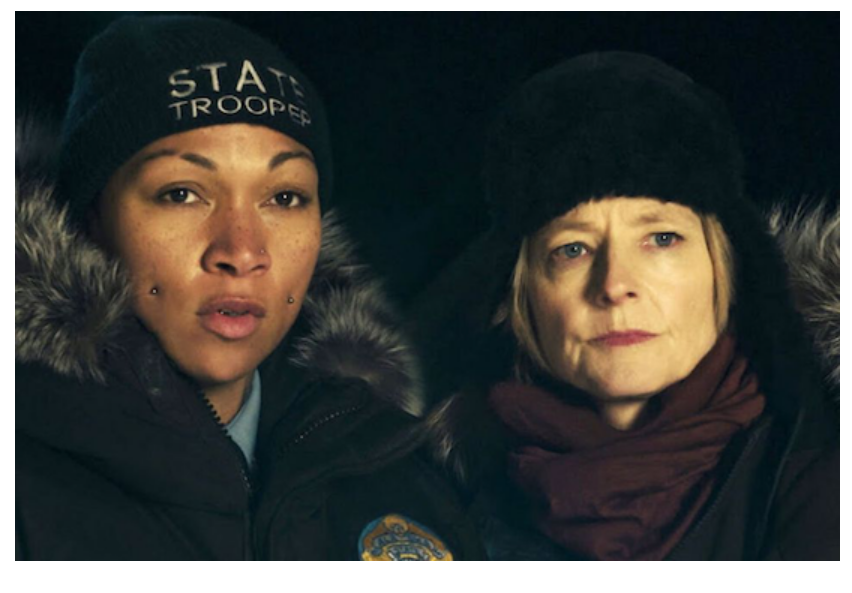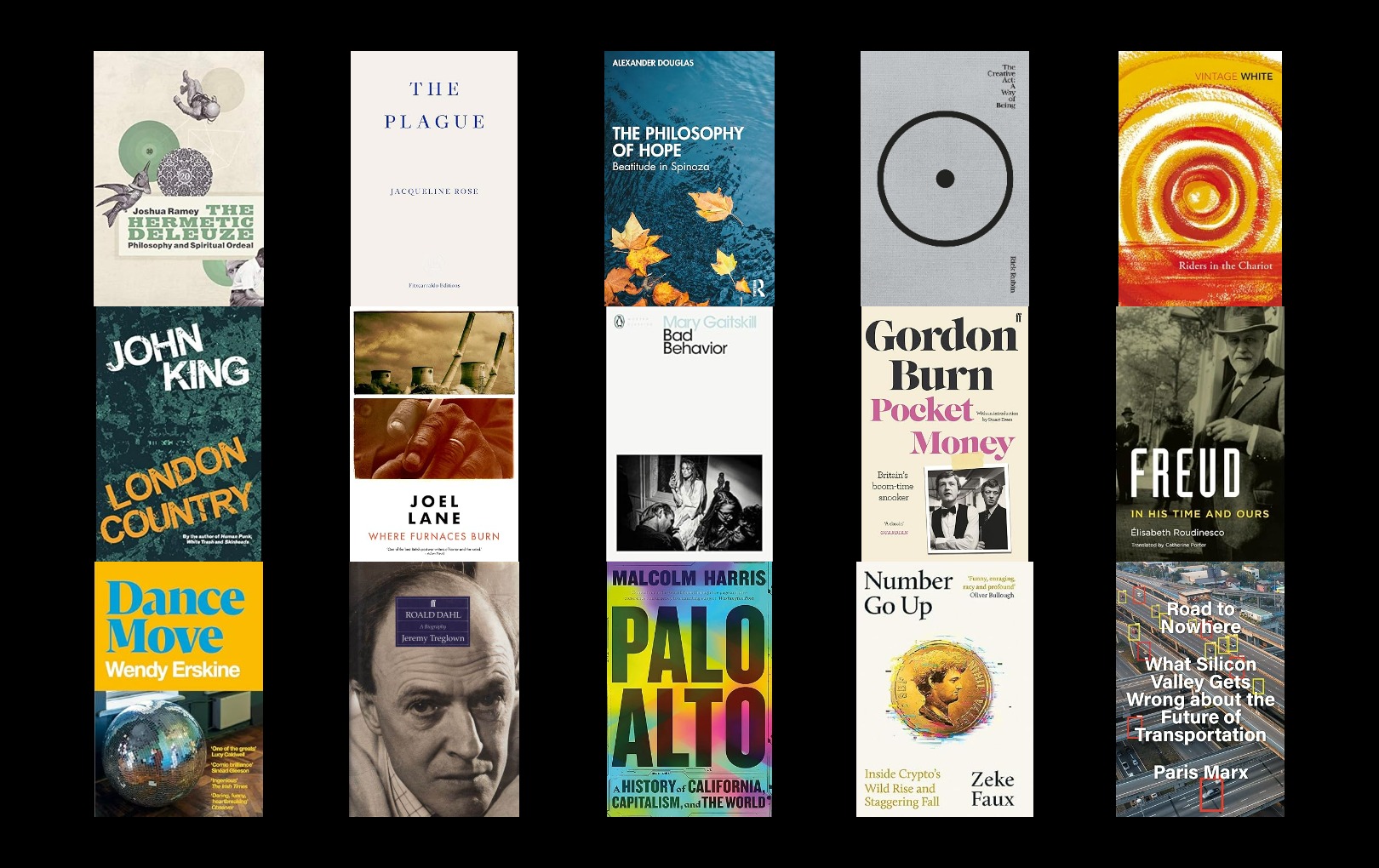
Brad Evans: I Know I Will Never Write a Better Book
If the measure of writing is to get as close as we can to the truth of existence, I know I will never write a
In an extract from her recent book Lean Out, Dawn Foster explores the limits of self-proclaimed feminist Theresa May’s solidarity with women.
The notorious Yarl’s Wood detention centre was opened in 2001, under the last Labour government, and management was outsourced to private company Serco in 2007. Poor conditions in the centre and protests against the 400-capacity facility have intensified in recent years, coming to a head in 2015. Reports of sexual abuse and mistreatment in the compound became increasingly common, and self-harm was rife among the women, who comprised of failed asylum seekers awaiting deportation, imprisoned despite committing no crime. A Channel 4 investigation obtained footage of the systemic mistreatment of women detained in the centre, included a guard shouting “Headbutt the bitch. I’d beat her up.”
Rashida Manjoo, the United Nation’s special rapporteur on violence against women, was barred from Yarl’s Wood by the Home Office in April 2014 when she tried to investigate complaints as part of her fact-finding mission into violence against women in the UK. Cameras have never been allowed in. In April 2015, in the same week as a woman died in Yarl’s Wood and a guard with a history of sexually inappropriate behaviour was suspended pending investigation for a revenge assault, Cristel Amiss, of the Black Women’s Rape Action Project, told The Guardian: “We’ve been supporting women in Yarl’s Wood for over a decade and have heard consistent reports from brave whistleblowers exposing abusive treatment and sexually predatory behaviour by guards.”
After the Channel 4 investigation, Theresa May refused to come to the House of Commons to answer an urgent question from the Shadow Home Secretary, Yvette Cooper, on the treatment of detainees, called amongst other abusive names “black bitch”, “animals”, “beasties”, and “evil”. Cooper said, “There is no point in ministers pretending to be shocked at news of abuse. This is not news. Even now, the ministers have not set up an independent inquiry. This is state-sanctioned abuse of women on the Home Secretary’s watch and it needs to end now.”
Despite May’s assertions that she believes in women’s empowerment, there is a distinct limit to her solidarity, which depends on how your race, country of birth, and economic wealth intersect. As Home Secretary, May is in a position rarely occupied by women, and rarely occupied by anyone for so long. Home Secretaries tend to be hit by scandals and forced to resign with wearying regularity. But whilst in office, May has overseen some of the most draconian immigration legislation for decades, defending immigration detention, renewing contracts with Serco despite sexual violence reports, and introducing rules that mean low income families are split up and British people split up from their partners and children if they don’t earn over a soon-to-be-raised income threshold.
May sits in a cabinet with many other powerful women, especially after criticism of Cameron’s disproportionately male and Etonian cabinet refused to die down until a reshuffle. The policies that trickle down from that cabinet harm women disproportionately. Despite launching a campaign titled “Theresa May for Equal Pay” in 2008, May has endorsed an austerity regime that saw the gender pay-gap increase, and been a stalwart of a government that introduced cuts that affected four times as many women as men.
Meanwhile, there is a burgeoning crisis in the women’s sector: provision of domestic violence services and rape crisis centres and helplines has been reduced due to austerity cuts. Headline figures on cuts to UK domestic violence services often mask the full impact of government cuts on people fleeing abuse at home. Women across the UK have been hardest hit by austerity and attendant spending cuts. Charities in the sector speak out about the problems they’re seeing: Women’s Aid has warned that services are “at breaking point”, with a third of women turned away from refuges due to lack of space, and the total number of refuges falling from 187 to 155 between 2010 and 2014. But for many of the women escaping violence, moving to a refuge is only the first step on the journey to safe, independent living.
The housing crisis, especially in the south east and London, is one of the biggest factors affecting women trying to move on. Most women spend between six to nine months in refuges, where they’re assigned a support worker who offers counselling, signposts services and advocates for the women, helping them build independent living skills, and getting them into education and training. The move to independence after surviving violence is crucial, as without support and safeguards put in place, the risk of returning home to violence and abuse is heightened.
At one refuge in London last year, run by the charity Hestia, the service manager Louise Dickerson told me: “It’s really difficult in the climate now. Because social housing is pretty much abolished, local authorities discharge their duty through private rented accommodation now most often, which is maybe on a yearly license or tenancy.” Housing waiting lists in the UK’s local councils, who have a legal duty to help homeless and vulnerable people, are at an all-time high. With so much pressure on councils, domestic violence survivors can struggle to convince council employees they are a priority. Women have even spoken of being disbelieved when they disclose their need to flee because of violence. Moving to privately rented flats means the women and families are offered less security and are liable for far higher rents: most private housing offers tenancy agreements of no longer than a year, and Hestia report more women are being asked to have a financial guarantor, who agrees to be financially liable for rent arrears. For women fleeing violence, who’ve often cut all ties to their wider family and friendship groups, this is an impossibility and an insult after their ordeal.
Even when women do find a home to move on to, the cuts mean they face even more hardship. In the raft of public-spending cuts in the last few years, many of the financial assistance schemes councils offered have been slashed. The crisis loan fund, which provided a total of £180m in hardship loans to people in extreme financial need, has now been scrapped. Economic control is a commonly used tool of domestic violence perpetrators when preventing women from leaving: removing financial help for such vulnerable women and children puts lives at risk. This money was previously a lifeline for people in extreme distress and very vulnerable situations, and losing it puts even more pressure on domestic violence services. As Dickerson explains:
They’ve taken away the crisis loan, and women relied on that for resettlement. So women will leave without a mattress to sleep on, and some of them have young families. One woman was self-harming recently, living in a shelter that was not homely. It’s very challenging for our workers. We work really hard just to make sure the women can survive.
Other lifelines of financial support are also being slowly eroded. The Discretionary Housing Payment funding, which provide payments of up to a year for people facing difficulty paying their accommodation costs, is to be slashed by 24% from 2015.
In a speech to Women’s Aid’s annual conference in 2010 in the early days of the coalition, May told the audience that both the Conservatives and the Liberal Democrats would reverse the decline in rape crisis centres, but tentatively refused to make any funding commitments to the women’s sector in the face of looming local authority cuts. “Your problem is my problem”, May said, adding, “Success for us will not mean we’ve spent more of the money we don’t have. It will mean more women have been helped, more abusers have been brought to justice and more attitudes have been changed.”
It’s not precisely clear how May and the government expect rape crisis centres to continue to provide an identical service with less money, which perhaps explains why she is not chancellor, but does little to comfort the women in need who find their service threatened with closure. Violence against women is a problem for all of society, and without accepting that all services must be welcoming and accessible for women fleeing violence and crucially that they must be adequately funded, more women will find their lives in danger.
The benefit of having women in the cabinet remains to be seen for migrant, low-paid, or abused women. For now, it seems as though there is no difference: the powerful look after the powerful, with gender as an afterthought, or a bargaining chip when trying to deflect criticism for cuts that harm women.
This is an edited extract from Lean Out by Dawn Foster, available now from all good bookshops and online (links here)

If the measure of writing is to get as close as we can to the truth of existence, I know I will never write a

To accompany his latest piece with Tariq Goddard in The Quietus on True Detective Season 4 and the legacy of In The Dust of This Planet, Eugene

As another turbulent year draws to a close, the Repeater team put forward their favourite reads for the festive season. Publisher, Editor, and Author Tariq

If the measure of writing is to get as close as we can to the truth of existence, I know I will never write a

To accompany his latest piece with Tariq Goddard in The Quietus on True Detective Season 4 and the legacy of In The Dust of This Planet, Eugene

As another turbulent year draws to a close, the Repeater team put forward their favourite reads for the festive season. Publisher, Editor, and Author Tariq
